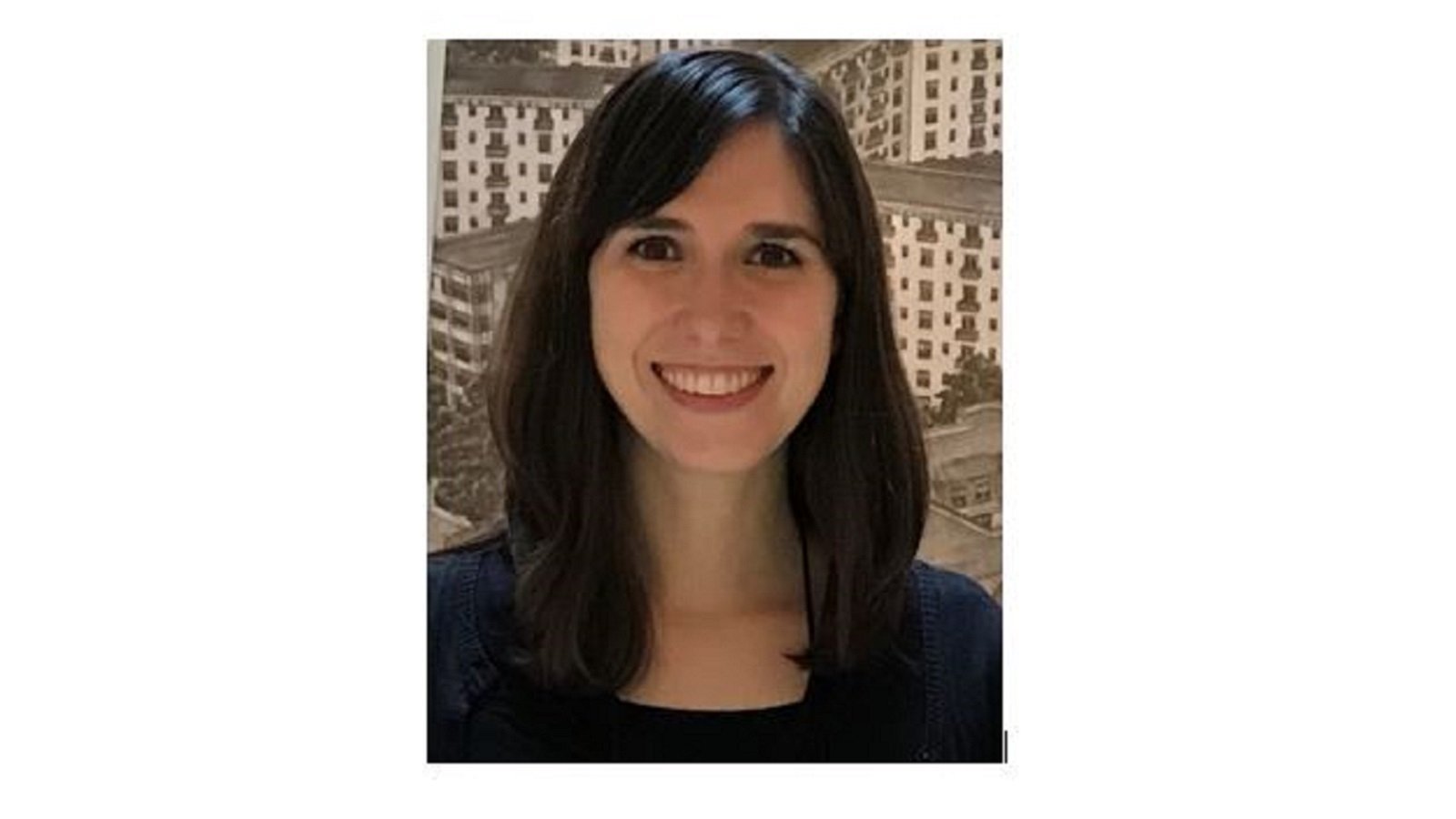The Harvard Home for Family Medicine builds upon the growing community of HMS family medicine students, residents, and attendings engaged in family medicine education, research, and mentorship opportunities. While most of our more active participants are based within the Harvard system, our Harvard Medical School students often graduate to residencies further afield. In this series, we’re thrilled to spotlight what some of our recent HMS Family Medicine students have gone on to achieve.
Name: Juliana E. Morris
HMS graduation year: 2015
Residency: University of California San Francisco Family and Community Medicine
What accomplishments are you most proud of since entering medical school?
I am particularly proud of the work I've done with community organizations to bring a health worker voice to grassroots campaigns for social justice. For example, during my year "off" between third and fourth years, I was a Community Health Organizer with Matahari Women's Workers Center, during which time we helped pass the Massachusetts Domestic Workers' Bill of Rights.
What are you doing now?
My main position is as a "float" physician in the primary care clinics of the San Francisco Department of Public Health, which takes up about three days per week. I also work about one day a week as a Clinical Instructor in the UCSF Family Medicine residency, where I precept on both the outpatient and inpatient wards and also work to integrate teaching on Critical Race Theory into the curriculum. With the rest of my week, I volunteer as a community organizer with Do No Harm Coalition, a network of health workers who fight state violence through direct action in solidarity with grassroots community organizations.
What are your future plans?
Right now I work as a float physician, which is allowing me to try out several different clinics and learn what kind of work environment fits me best. In the next few years, I'm hoping to choose a clinic to call home and begin building my primary care panel.
How did you decide that FM was for you?
I knew that I wanted to do longitudinal work with communities, but I wasn't sure what type of skills I could best offer. I was hesitant about medicine in general because I worried about the power dynamics I saw - I worried these would prevent me from being connected to communities in the ways I hoped to be. However, then I worked with some family docs in my first two jobs out of college and I saw how they were able to engage with their patients in very real, gritty, and human ways. From there, I decided that medicine could be a path for me, and family medicine was the way.
What are the most important things that HMS needs to do to support students interested in FM?
Provide exposure early and often! Make sure people know that it is an option.
What advice do you have for current HMS students about FM or anything else?
It's important to realize that family medicine is much more that just a hodgepodge of other specialties that you pick if you went through third year and "liked everything." In family medicine we are trained in very specific skills and become adept at applying family centered, biopsychosocial, and systems-based approaches in caring for our patients and our community. As the first point of contact, you have to be fluent in the skills of generalism, understanding the significance of a large body of medical knowledge and developing workup and plans from there. I've found it to be an incredibly rewarding, challenging, and intellectually stimulating specialty.
Want to learn more about family medicine at Harvard Medical School? Visit the Harvard Home for Family Medicine today!
- Share
-
Permalink


